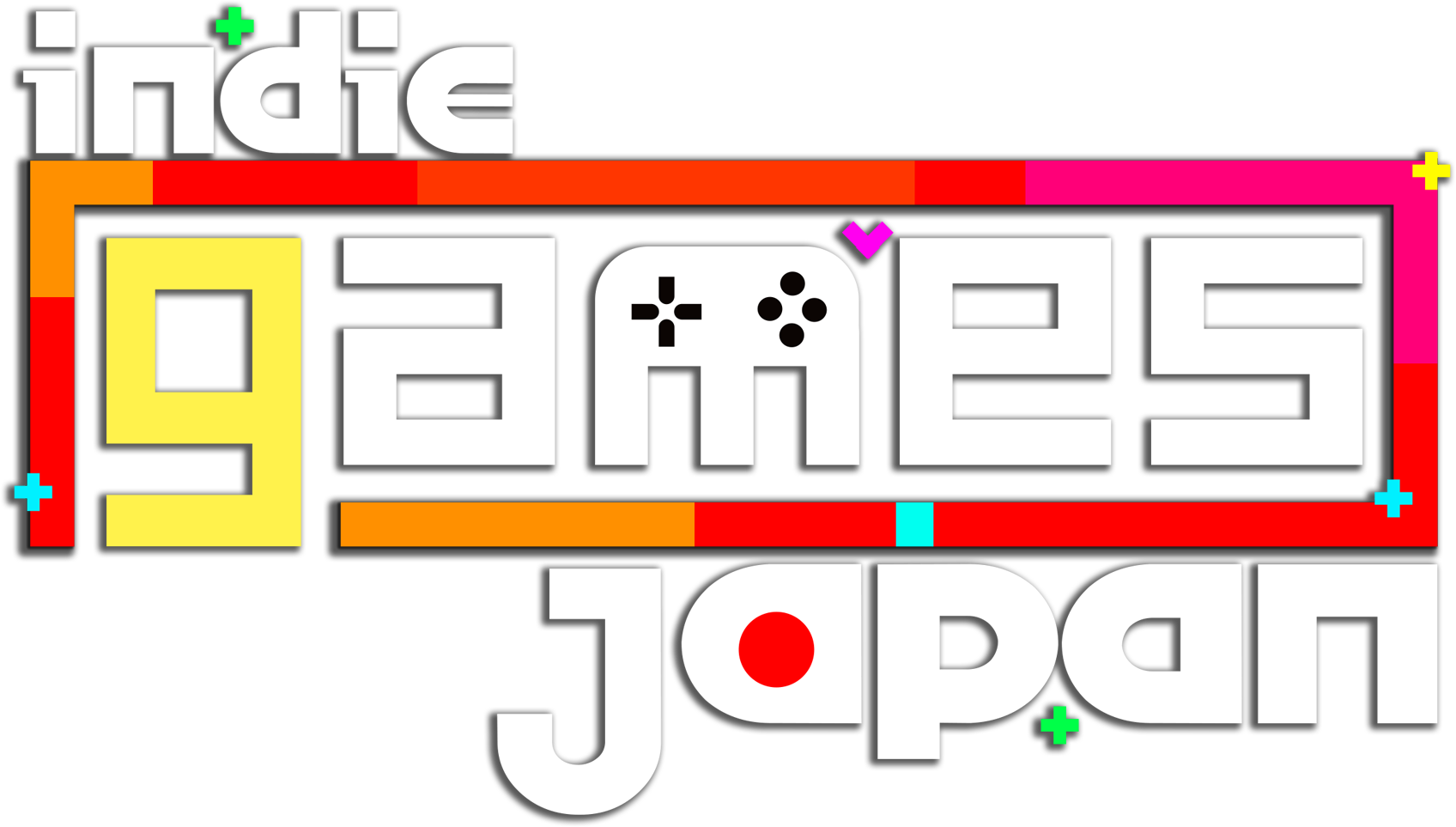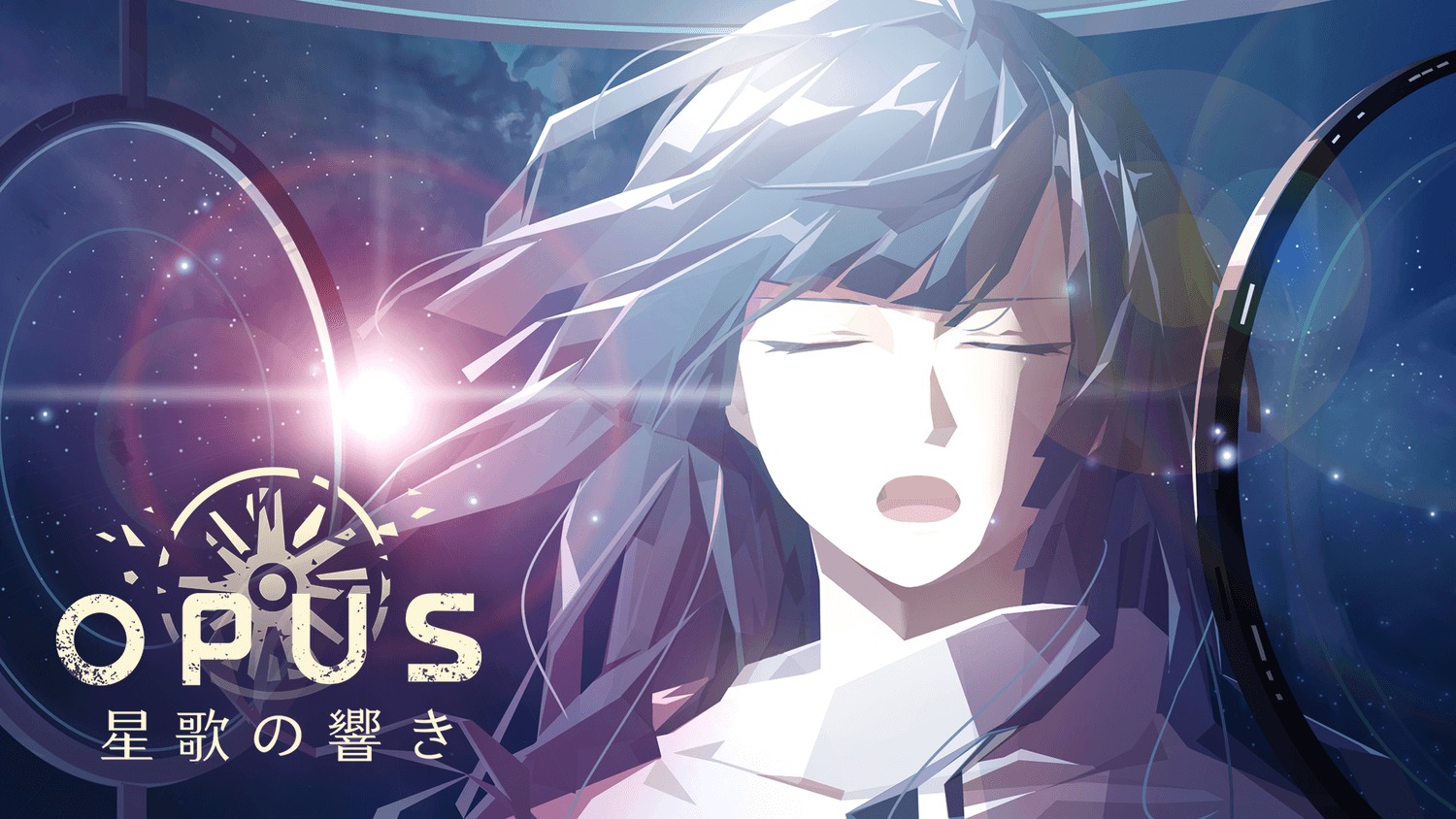前回「Chicory: A Colorful Tale」に続いて、今回は「OPUS: 星歌の響き」の開発者にインタビューを実施させて頂き、いくつかの質問について回答を頂きました!
また、シリーズのこだわりとして心に響くストーリーと音楽を引継いだ「OPUS: 星歌の響き」のゲーム概要について知りたい方はこちらへどうぞ。
それでは、翻訳した回答を見ていきたいと思います!
1.「OPUS: 星歌の響き」の開発で最も困難だったことは何ですか?また、それをどのように克服しましたか?
「OPUS: 星歌の響き」の世界観は独特でゼロから構築されているため、開発チームの全員が実際の世界観に対して一致したイメージを持つことが最も困難でした。それを乗り越えるために、私たちは歴史、文化や勢力など、構築している世界のすべての詳細を記載したチーム内専用のWikiを作成しました。このWikiは最終的に10万文字数と100ページ以上にもなりました。
しかし、それだけでは十分ではありませんでした。なぜなら、誰もこの膨大なWikiを読む気がなかったからです。もっと情報を共有しやすくなるように、私たちはゲーム全体の絵コンテを描き、音楽やコンセプト画の組み合わせを通して、情報をイメージ化し頭に叩き込んでいきました。そうして初めて、このゲームが目指すストーリーや設定について、チーム内で共通の理解が得られました。
2.あなたはどのように発売前のプロモーションを行いましたか?
このゲームにはパブリッシャーがいないため、ソーシャルメディアでコミュニティを盛り上げたり、ゲームイベントに参加したり、できるだけ多くのメディアにメールを送ったりと、無料でできる基本的なプロモーションはすべて自分たちでやりました。
正直に言うと、マーケティングキャンペーンのスケジュールを立てることは大きな課題でした。「OPUS: 星歌の響き」は翻訳が非常に難しいゲームなので、各言語で正確に翻訳するために多くの時間とリソースを費やしました。それが完成した時にもう発売日が迫っていて、お客様が膨大な情報量に飲み込まれないように発表と発表の間には十分な余裕を持たせる一方、発売前にお客様にワクワクさせるために発表をし続けなければならないことが大変でしたね。
でも、その手間をかけた甲斐があったと思います。発売したあと、日本のプレイヤーは「OPUS: 星歌の響き」を「To The Moon」や「君の名は。」といった名作と比較してくれて、コミュニティの情熱を通じて、より多くのプレイヤーを惹くための優れたマーケティング材料を提供してくれることになりました。
3.「OPUS」シリーズの第1作目の予算はどのように確保しましたか?あるいは、予算の問題をどのように克服しましたか?
私たちはデビュー作の「Hyper Square」の売上で「OPUS」シリーズの第1作目の資金を調達していました。その前に、ゲームのコンセプトを大手企業に売ってスタジオを立ち上げたこともありました。
4.「OPUS: 星歌の響き」のローカライズに使用する言語を選ぶ際の主な決め手は何でしょうか?
「OPUS: 星歌の響き」は濃厚なストーリーを持つゲームなので、単純にローカライズを外注することができませんでした。翻訳する内容が中国の神話や考え方に深く根付いているため、私たちは翻訳作業に直接関わり、翻訳者と毎週のようにコミュニケーションを取らなければなりませんでした。その関係でコミュニケーションのしやすさは大きな要因になりました。
アジアでは、日本語と中国語(簡体字)が言語的にも文化的にも近く、特に、前作の「OPUS 魂の架け橋」(「OPUS: Rocket of Whispers」)が週刊ファミ通で「白金殿堂入り」を果たしたことで、日本での認知度がかなり高まりましたので、この2言語を選びました。
一方、欧米では「風水」という概念があまり知られていないため、どうやって伝えるかという点に時間をかけました。例えば、ゲーム内の重要な場所のひとつである「黑龍」は文字通り「Black Dragon」にしてみたことがありました。悪い名前ではありませんが、私たちが考えていたようなイメージを与えないので、最終的には「Banshee」(バンシー)にしました。このような文化的な違いは、ローカライズをする上で常に課題となります。そのため、ローカリゼーションを行う際には、一定の品質を確保するためによく知っている言語を選ぶようにしています。
5.インディ開発者たちに何かアドバイスはありますか?
何年もかけて2人のメンバーから20人のメンバーに成長した私たちが学んだことは、良いゲームを作ることは課題の半分に過ぎないということです。ゲームがヒットするかどうかは、そのゲームをどのように売るかにかかっています。
インディゲーム開発初心者への最初のアドバイスは、できるだけ早くゲームを開発し発売することです。何か大きなことに取り組もうとするのではなく、早く発売して市場を模索し、失敗したときに立ち直れるようにすることが大切です。自分の人生の3、4年をかけて大作を作って失敗したら、その喪失感と敗北感に耐えられず、”最初に作ったゲーム”が”最後に作ったゲーム”になってしまうかもしれません。
2つ目のアドバイスとして、配信に向いているゲームを作ることです。現在のゲーム市場は飽和状態であり、メディアやインフルエンサーから注目を浴びることは僅かになるでしょう。実績がなければ、あなたのゲームに時間を割いてもらうのは難しいでしょう。なぜなら、同じ時間をかけるのであれば、彼らはより多くの客層を惹くAAAタイトルをプレイすることができるからです。つまり、視聴者を惹きつけられないゲームは、配信者に特にプレイしてもらう理由がなく、注目を集めるのに苦労することになります。
最後に、「楽しむ」ことが重要だと考えています。今まで言ってきたアドバイスに反するかもしれませんが、ゲームが失敗する問題点はすべて才能や努力の不足ではなく、ただ運が悪かったり、ゲームを売る経験がなかったりすることもあるということを、開発者たちに知ってもらいたいと思います。皆への愛とその愛を共有したい思いを持ちながらゲームを作ることはとても美しいことです。たとえ市場が過酷で競争が激しくても、自分がゲームを作り始めたときの気持ちがいつか成功のカギになるかもしれないので、それを忘れないでください。
これらの回答からたくさんのアドバイスをもらいましたね。
次回も更なる海外インディ開発者にインタビューするのでお待ちください!
今回ご協力いただいた「OPUS: 星歌の響き」はこちらからプレイ出来ます!







コメント